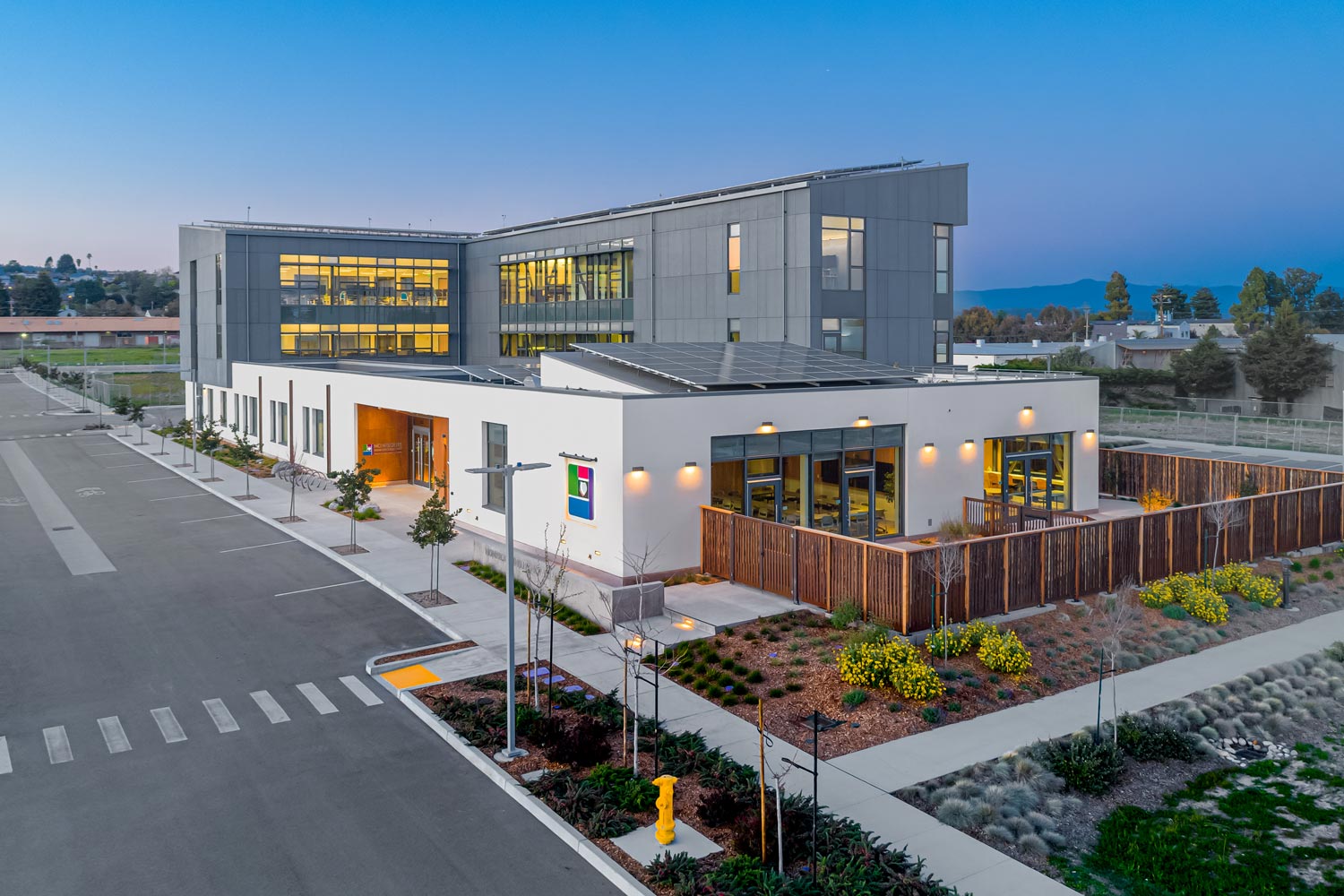Get in touch with NIA.
NIA would love to hear from you.
You can get connected to the right department by filling out the form or check below for a list of common addresses and phone/fax numbers.
Address & Phone Contact Form
Send an email to NIA
Media / Press Inquiry? Please select this option from the department dropdown below.
Nonprofits Insurance Alliance Main Offices:
300 Panetta Avenue
Santa Cruz, CA 95060
Mailing Address:
P.O. Box 8507
Santa Cruz, CA 95061-8507
Claims Payment Address:
AMS
P.O. Box 8507
Santa Cruz, CA 95061-8507
Physical Address:
(for packages or overnight checks only)
300 Panetta Avenue
Santa Cruz, CA 95060
Premium Payment Address:
AMS
Department 880739
PO Box 29650
Phoenix, AZ 85038-9650
IMPORTANT!
Do not send claims payments to the premium remittance address. Doing so will result in misallocation of the payment.
Main Phone:
Billing:
800-359-6422, ext. 1737
Member Services:
800-359-6422, ext. 1727
Broker Services:
800-359-6422, ext. 0461
Business continuity plan.
In the event of an emergency involving damage to NIA’s headquarters, or a disaster that disrupts access to its websites and online tools, NIA remains committed to service. Below are instructions that you should keep on file.
During an emergency/disaster, NIA’s top priority will be to establish communication with affiliated brokers. In the event of an emergency/disaster, brokers can expect to hear from NIA representatives within 48 hours. To ensure quick and seamless continuity of operations, NIA maintains duplicates of all underwriting, claims, and accounting data at an off-site data storage location.
If you do not hear from NIA within 48 hours of an emergency/disaster, the following procedures should be followed:
Claims procedures:
Dial 800-856-7759 and follow the prompts.
Underwriting procedures:
Renewal Policies: For renewal policies that expire during the day of the emergency/disaster and up to 10 calendar days after the date of the emergency/disaster, all expiring coverage will be bound as per expiring.
New Business Policies: For new business that has already been quoted and expire during the day of the emergency/disaster and up to 10 calendar days after the date of the emergency/disaster, coverage will be bound as requested, subject to the terms and conditions of our underwriting guidelines.
New business that has not yet been quoted cannot be bound.
Endorsement Requests: For endorsement requests received prior to the day of the emergency/disaster, coverage will be bound as requested, subject to the terms and conditions of our underwriting guidelines.
New endorsement requests received on or after the date of the emergency/disaster cannot be bound.
Accounting/Billing procedures:
Brokers should not submit any payments or related financial transactions to NIA until you receive further instructions from the Finance team on how to do so following the emergency/disaster.
If you would like to have information sent, email info@insurancefornonprofits.org
Learn more about NIA.
You’ve come this far, and you shall be rewarded with more knowledge of all things NIA.
Commercial carriers sometimes compete for nonprofit business and offer cheap rates during “soft markets,” that are later increased when the market changes.
As a group of 501(c)(3) nonprofit insurers, the mission of Nonprofits Insurance Alliance is to maintain fair and equitable pricing.
NIA accomplishes this by relying on its extensive database of accident and injury claims — which enables NIA to more accurately assess each nonprofit’s individual risk and set appropriate coverages.
Read about the history of NIA.
No. Nonprofits Insurance Alliance (NIA) is a group brand made up of nonprofit insurers, all rated A- (Excellent) by AM Best, that exclusively insure 501(c)(3) organizations.
NIA currently insures more than 27,000 nonprofit organizations across 32 states and the District of Columbia.
In addition to coverages, NIA offers companion programs with carrier partners.
Risk retention groups (RRGs) are owned by their member policyholders, so many key advantages relate to the control that their members exert through boards of directors they elect.
This control often results in lower rates over the long term, broader coverage, specialty coverage, more fair and equitable pricing, and effective risk management programs — leading to favorable loss experience for members and the group overall.

